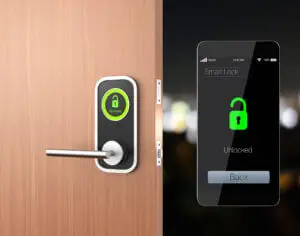The healthcare industry is vital to society, and one of its most important responsibilities is ensuring that the medication that patients receive is safe and secure.
One critical aspect of medication safety is having a medical locker lock system in place. This article will explain why healthcare facilities need medical locker locks for their medicine.
What is a Medical Locker Lock?
A medical locker lock is a device that secures medication inside cabinets or lockers. These locks come with various features, such as keyless entry options, touch screens, or electronic digital codes.
Medical locker locks can be found in different sizes and finishes since they are designed to fit specific applications. They can be either single or double cabinet doors with additional shelves for organized storage.
Why Should Healthcare Facilities Use Medical Locker Locks for Medications?
Protection from Unauthorized Access
Using medical locker locks provides an effective solution for preventing unauthorized access to medications. Patients who have been prescribed medication may try to access them without proper guidance from a licensed healthcare provider; this could lead to unintended misuse, adverse reactions, or overdoses.
Bacteria-Free Environment
Safety concerns related to bacteria have become increasingly prevalent in recent times due to awareness regarding hygiene practices in the hospital environment. Medical locker locks hold the potential to restrict bacteria transmission because they can aid in the proper organization by allowing users to keep medicines clean and orderly.
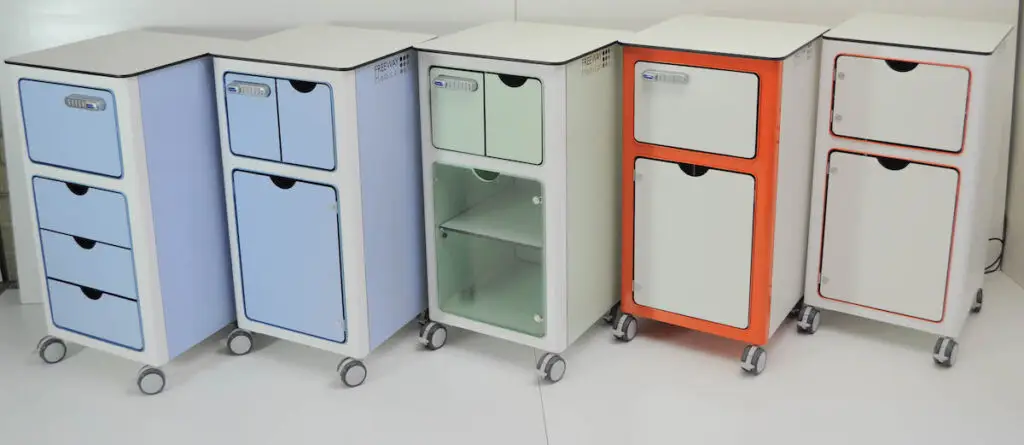
Efficient Management
Medical locker locks enable efficient management of medications because they provide doctors and nurses with easy access during busy periods when time-constraint becomes an issue; high volume prescription-filling workflows worsen if simple organizational issues remain unaddressed.
With medical locker lock systems securely organizing medications stored inside lockers, doctors can focus entirely on their patients rather than searching through disorganized shelving scattered throughout the facility.
Increased Patient Safety
Patient health outcomes strongly depend on how well doctors manage these controlled drugs; hence increasing focus on meeting drug safety guidelines if using digital medication distribution methods. With medical locker locks, healthcare providers can provide an extra layer of assurance that every medication is distributed properly and as prescribed.
Ease-of-use
Medical locker locks are easy to use, even for those unfamiliar with technology; some models come equipped with touch-screen interfaces or simple keylists meant to be used by the general public – ensuring patients’ convenience and ease of access.
Which Features Should Healthcare Facility Lockers Have?
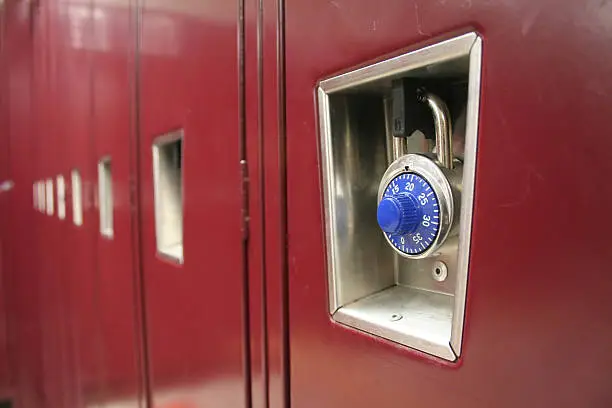
Several features make a medical locker lock system ideal for a hospital facility:
1. Keyless entry:
Medical locker locks should have the option for keyless entry by using electronic codes or touch screens. This feature eliminates the need for keys that can be misplaced, which would compromise the security of the medication.
2. Bacteria-resistant surface:
The locker lock’s surface should be bacteria-resistant and easily cleaned with disinfectants; this helps prevent the spread of bacteria and other infectious agents among patients.
3. Properly Organized Space:
Medical locker locks should provide an organized space for storing medications to ensure that they are kept in specific places for easy accessibility when needed, reducing confusion in a fast-paced environment.
4. Wide-ranging supply
Most manufacturers offer a wide range of sizes to fit various applications like home use or hospital facilities with varying standards compliant with industry norms.
5. Easy-to-Install device:
Medical locker locks must be easy to install and operate; fewer steps result in a better user experience and increased satisfaction rate among installers as well as end-users.
6. Additional Shelf Space
To improve organization further, medical locker locks might include additional shelves inside them. The shelves make it easier to store different-sized items (e.g., small vials) securely while providing efficient access to their contents in high-volume workflows where time is critical.
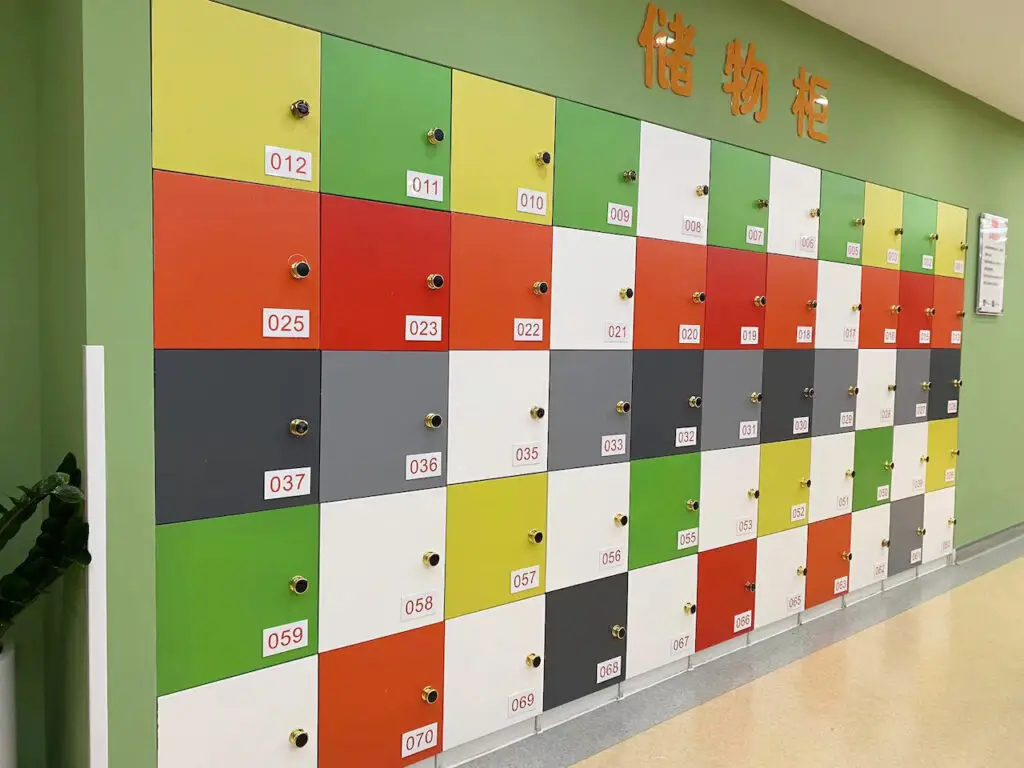
Which Brand Offers the Best Medical Locker Locks?
Several companies compete in this market, each offering unique solutions tailored toward customer needs. It is crucial to choose a reputable manufacturer known for its quality product offerings, such as Amazon.com, for top-tier shopping convenience lists give excellent choices curated based on reviews received from previous customers (both good/bad).
What Size Should I Get For My Medical Locker Lock System?
Medical locker locks come in different sizes specifically meant to cater to individual needs according to their usage location or required capacity within budget constraints.
Small, medium-large (double cabinet doors), or customized sizing options based on design specifications provided by users’ architectural team with approved blueprints available at installation points well ahead of installation dates.
Can Medical Locker Locks Also Be Used in Homes?
Medical locker locks are also suitable for home use since they provide the same level of security and organization for medications as in hospitals.
Families with elderly or sick members may benefit from medical lockers’ secure storage – pocket-friendly prices make it an upgrade worth considering.
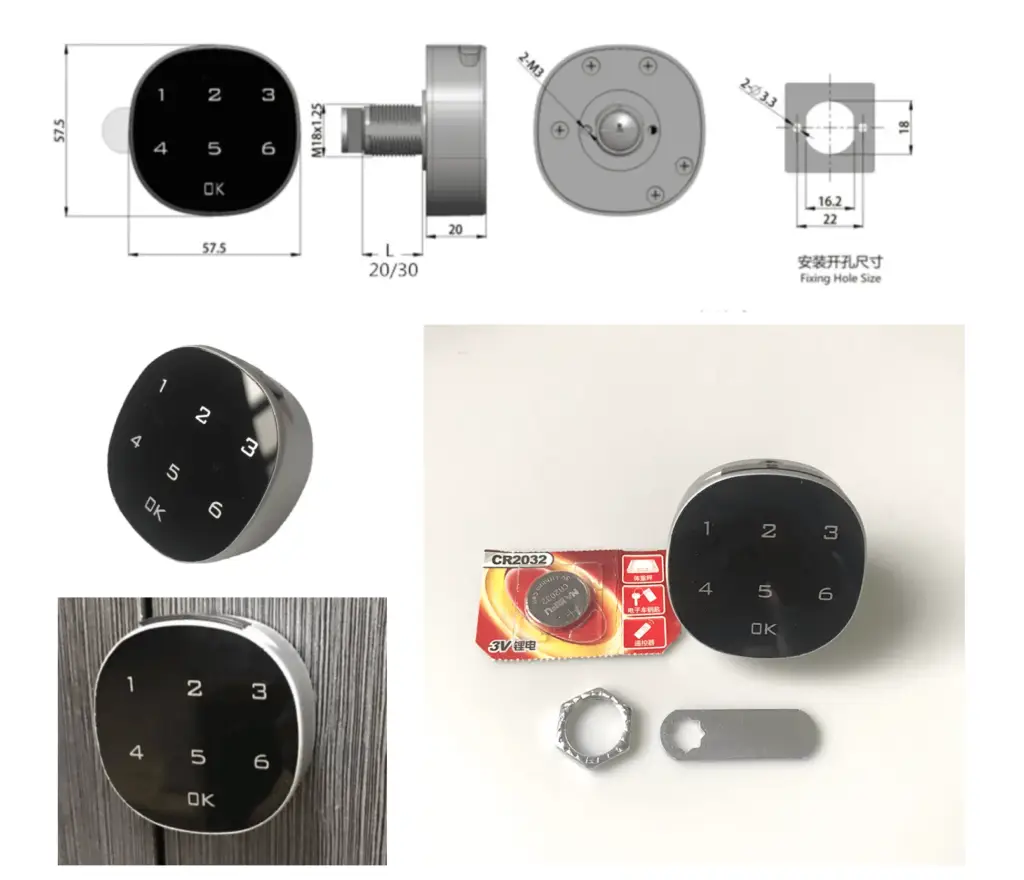
Are There Any Specific Requirements When Installing Medical Locker Locks?
Before installing medical locker locks, it’s essential to conduct site surveys and ensure regulatory compliance since healthcare facilities adhere strictly to local standards, as well as national safety guidelines put forth by governmental authorities (hospital facility-related disciplines such as healthcare device management).
That said, medical locker locks typically include low-voltage supply requirements; therefore, a facility has an advantage while having reliable power sources installed.
What Are The Benefits of Using Keyless Medical Locker Locks?
Keyless medical locker locks eliminate the need for physical keys that can get lost – this significantly reduces the headache of key replacement and securing piles of key copies for easier operation upon negligent disappearance first-hand.
Staff no longer have busy work managing the keys; instead, they focus on patient care practices within the best safety guidelines laid down already by relevant regulators/models.
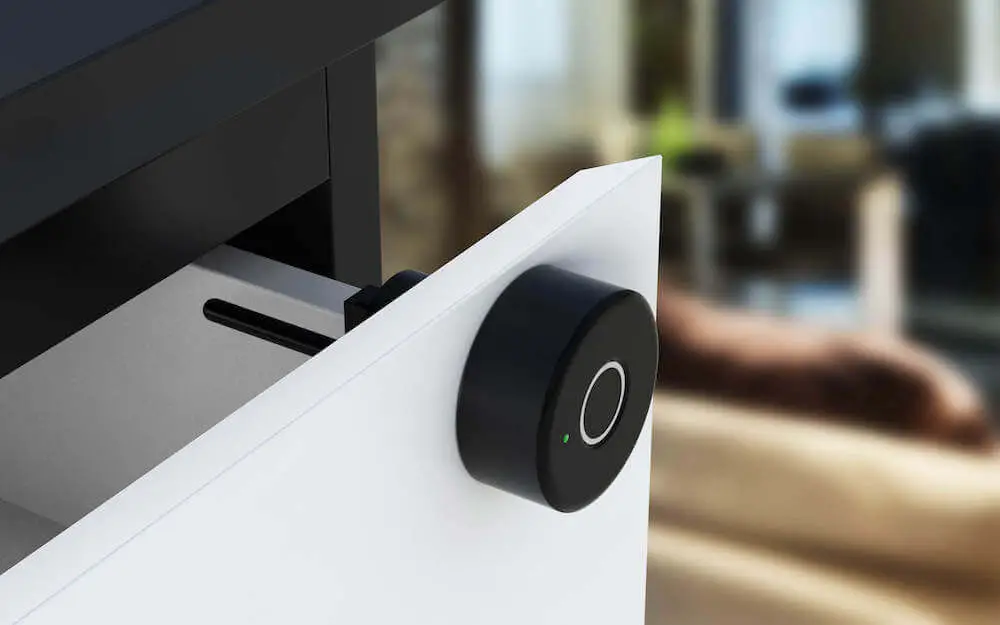
Conclusion
Medical locker locks are a must-have solution that healthcare facilities should implement to ensure that patients receive safe and properly managed medication doses.
They guarantee efficient management, increased patient safety, a bacteria-free environment, and a user-friendly experience, among others, making them critical for medication management.
Medical locker locks feature keyless entry, bacteria-resistant surfaces, proper organization space, and additional shelves for more organized storage. These systems are easy to install and use across different settings.




